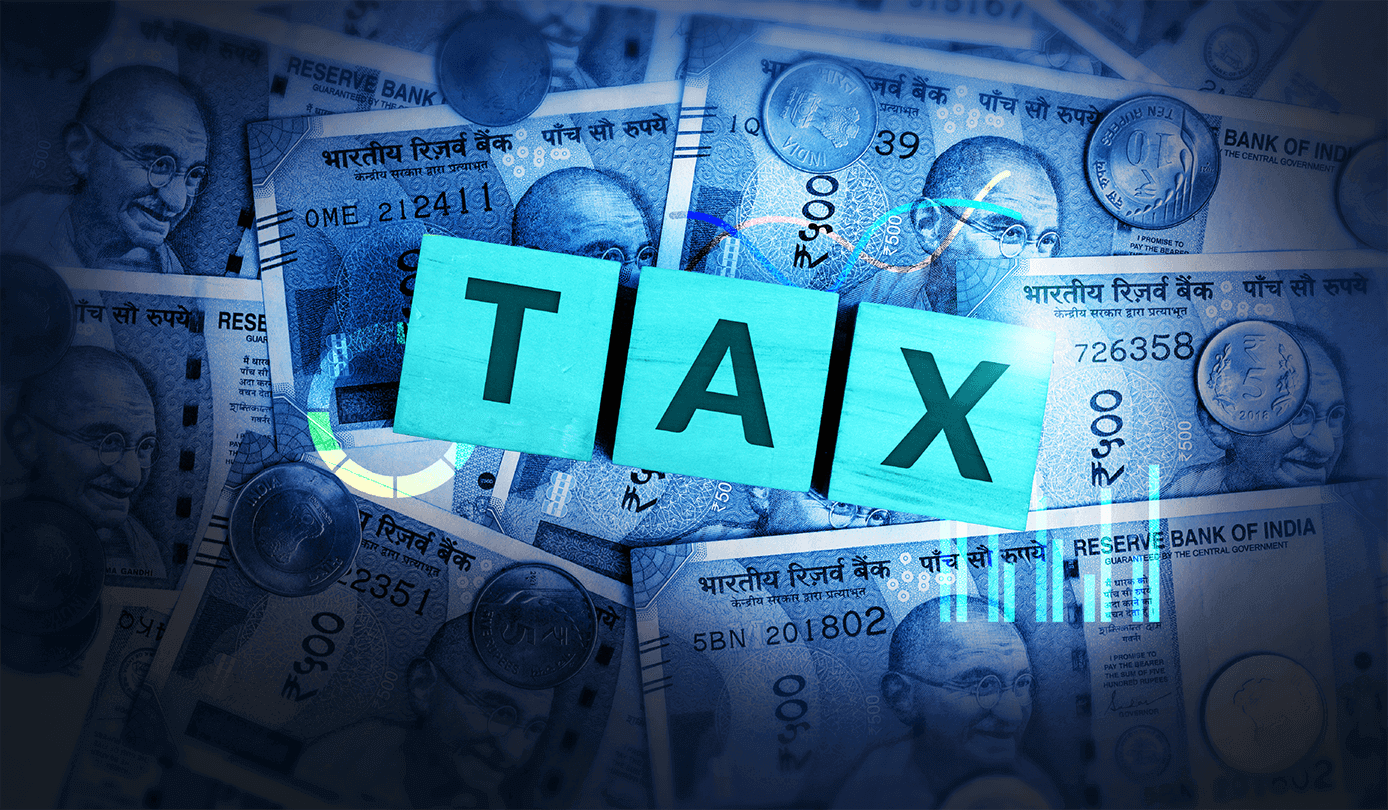The Consumer-Packaged Goods (CPG) industry is increasingly turning to sustainability analytics as a pivotal tool for measuring, tracking, and optimizing sustainability efforts. Through the strategic application of data science and analytics, CPG companies gain invaluable insights into their environmental impact, pinpoint areas for improvement, and catalyze positive change. In this blog post, we’ll delve into the world of sustainability analytics within the CPG sector, showcase a real-world example, and shed light on its profound effects on both businesses and the environment.
Unlocking Sustainability Analytics in CPG
Sustainability analytics encompasses the holistic process of gathering, analyzing, and interpreting data relating to environmental, social, and governance (ESG) factors within CPG companies. By harnessing the power of data science techniques, organizations can quantify and oversee critical sustainability metrics, identify optimization opportunities, and make informed choices that drive sustainable initiatives. Sustainability analytics empowers CPG companies to align their operations with eco-conscious practices, reduce their ecological footprint, and make a positive societal impact.
Approach: Quantifying Carbon Emissions and Elevating Supply Chain Sustainability
A CPG enterprise that is committed to measuring and mitigating carbon emissions through sustainability analytics must execute the following steps.
1. Data Collection: Methodically collect data spanning energy consumption, transportation, manufacturing processes, packaging materials, and other pertinent facets across the supply chain. This data amalgamation entails sourcing information from internal records, such as production logs, and external partners, like suppliers and logistics collaborators.
2. Carbon Footprint Computation: Harness advanced data science methodologies to compute the carbon emissions linked to each phase of the supply chain. This entails scrutinizing metrics like energy consumption, fuel usage, and other pertinent data points to approximate greenhouse gas emissions.
3. Benchmarking and Target Establishment: Measure the carbon emissions data against industry benchmarks and established standards to gauge the company’s performance. Establish ambitious yet attainable emission reduction targets predicated on the insights acquired, with the objective of minimizing carbon emissions and fortifying overall sustainability.
4. Supply Chain Optimization: Analyse the supply chain data to discern areas ripe for implementing sustainable practices. This might encompass optimizing transportation routes to reduce fuel consumption, sourcing materials from sustainable suppliers, introducing energy-efficient manufacturing processes, and advocating recycling and waste reduction initiatives.
5. Continuous Monitoring and Reporting: Ingrain a robust monitoring system to continually track progress toward sustainability goals. Consistently update and communicate key sustainability metrics, including carbon emissions reductions, energy savings, waste reduction, and supply chain transparency. This fosters transparency, accountability, and stakeholder engagement.
Impact of Sustainability Analytics in CPG
1. Environmental Footprint Reduction: Sustainability analytics empowers CPG firms to measure and curtail their environmental footprint. By pinpointing areas with significant carbon emissions, energy inefficiencies, or waste generation, firms can institute targeted initiatives to shrink their ecological impact and contribute to a more sustainable future.
2. Operational Efficiency: Scrutinising supply chain data and embedding sustainable practices often translates into heightened operational efficiency. Through optimized transportation, reduced waste, and the adoption of energy-efficient processes, firms can slash costs, enhance resource utilization, and bolster overall productivity.
3. Risk Management and Compliance: Sustainability analytics assists CPG enterprises in detecting potential sustainability-related risks such as supply chain disruptions, non-compliance with regulations, or reputational harm. By vigilant monitoring and addressing these risks, firms can enhance resilience, guarantee compliance with sustainability regulations, and safeguard their brand reputation.
4. Stakeholder Engagement: Demonstrating unwavering commitment to sustainability via analytics-driven initiatives intensifies stakeholder engagement. In an environment where consumers, investors, employees, and partners increasingly prioritize sustainability, transparently sharing sustainability data and progress cultivates trust, attracts investments, and fosters robust relationships with stakeholders.
5. Brand Distinction: Sustainability analytics equips CPG companies with the means to differentiate themselves in a crowded marketplace. With consumers actively seeking out sustainable and socially responsible brands, integrating sustainability into core business strategies elevates brand image, attracts eco-conscious consumers, and furnishes a potent competitive edge.
Challenges in Sustainability Analytics
Consumer Packaged Goods (CPG) companies face several challenges when it comes to using their data to optimize for Environmental, Social, and Governance (ESG) goals. ESG optimization involves integrating sustainability and responsible business practices into their operations. Here are some of the key challenges CPG companies may encounter:
1. Data Quality and Availability: CPG companies may struggle with the quality and availability of ESG-related data. They often need data on diverse topics such as carbon emissions, water usage, labor practices, and supply chain transparency. Ensuring the accuracy and completeness of this data can be challenging.
2. Data Integration: CPG companies often have vast amounts of data scattered across various departments and systems. Integrating this data to gain a holistic view of their ESG performance can be complex and time-consuming.
3. Complex Supply Chains: CPG supply chains can be highly complex, involving multiple suppliers, manufacturers, and distributors across the globe. Tracking ESG metrics throughout the supply chain and ensuring responsible practices can be a significant challenge.
4. Regulatory Compliance: CPG companies need to comply with various regulations related to ESG reporting and disclosure. Keeping up with evolving regulatory requirements, especially in different regions, can be a substantial challenge.
5. Metrics and Measurement: Defining and measuring ESG metrics in a standardized and meaningful way is a challenge. There is often a lack of universally accepted ESG metrics, which can lead to inconsistencies in reporting and benchmarking.
7. Data Privacy and Security: Managing sensitive ESG-related data, such as information about suppliers and labor practices, while ensuring data privacy and security is a critical challenge.
To overcome these challenges, CPG companies often need a well-defined ESG strategy, robust data management systems, cross-functional collaboration, and a commitment to sustainability that extends throughout their entire value chain. Additionally, engaging with industry associations and staying informed about evolving ESG standards and best practices can help CPG companies navigate these challenges effectively.
Conclusion
Sustainability analytics stands as a potent catalyst for CPG companies, enabling them to gauge, monitor, and optimize sustainability endeavors. By harnessing data science and analytics, firms can assess their environmental impact, establish targets, fine-tune supply chain practices, and ignite transformative change. The dividends of sustainability analytics extend far beyond ecological benefits, encompassing operational efficiency gains, risk mitigation, robust stakeholder engagement, and distinctive brand positioning. Embracing sustainability analytics propels CPG enterprises towards a more sustainable and resilient future while ensuring competitiveness in an increasingly conscientious consumer landscape.



